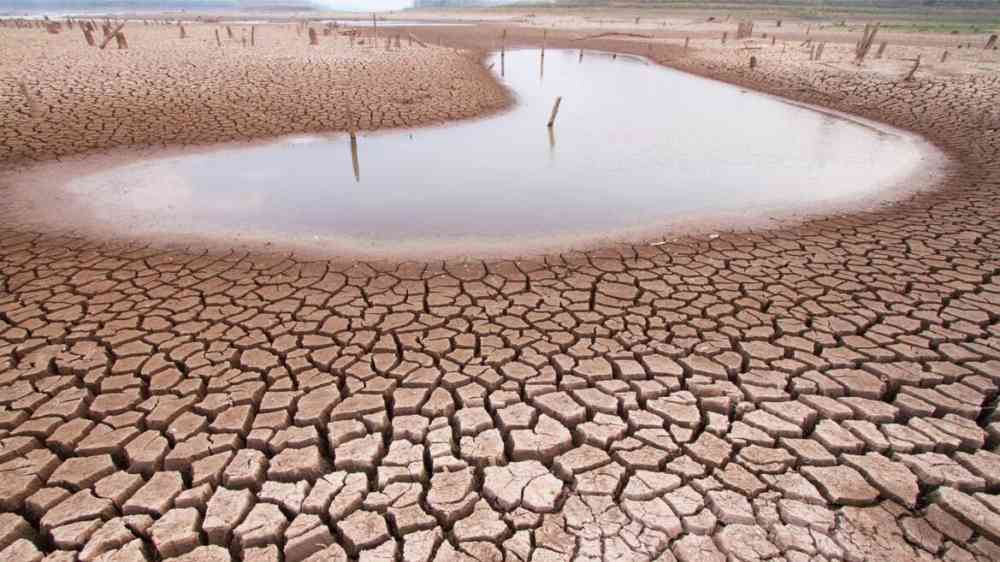By Trésor Daniel Mefire
Despite growing concerns over global water scarcity, a new report has spotlighted the critical role of lakes in sustaining ecosystems and human livelihoods — particularly in Africa, where degradation and climate pressures are exacerbating a looming water crisis.
In a paper titled “The Essential Role of Lakes in Sustaining Ecosystems and Human Societies,” researcher Trésor Daniel Mefire outlines how lakes such as Victoria, Chad, and Baikal are not only freshwater lifelines but also pillars of ecological balance, biodiversity, and economic resilience. Yet, these water bodies are increasingly under threat from pollution, climate change, and unsustainable development.
“Lakes are fundamental components of terrestrial ecosystems and play a critical role in providing freshwater globally,” Mefire writes, citing the example of Lake Baikal in Siberia, which alone holds nearly 20% of the world’s unfrozen freshwater. Closer to home, Africa’s Lake Victoria serves over 30 million people across Uganda, Kenya, and Tanzania but now faces alarming levels of microplastics and algal toxins.
Lake Chad, once a vast and thriving freshwater basin in West Africa, has shrunk dramatically — endangering the water supply of about 20 million people and fueling regional instability. “Climate change is compounding these issues by raising lake temperatures and promoting the growth of pathogenic bacteria such as Vibrio cholerae,” Mefire notes, referencing data from Nature Climate Change.
Despite these challenges, Mefire highlights Cameroon’s innovative response as a model for other countries. A degassing project at Lake Nyos has restored safe water access to 50 surrounding communities, while solar-powered water treatment plants near Lake Lagdo now serve approximately 200,000 people. These efforts, combined with traditional ecological knowledge from Indigenous communities such as the Bakossi around Lake Oku, show how blending science with local stewardship can lead to sustainable solutions.
“Indigenous communities play a vital role in preserving watershed forests that naturally filter water,” Mefire writes, urging the integration of grassroots knowledge in broader water governance strategies.
The report also calls for deeper regional cooperation, citing transboundary frameworks between Cameroon, Chad, and Nigeria as essential for managing shared aquifers. Nature-based solutions, such as restoring wetlands, could cut water treatment costs by up to 30%, while artificial intelligence and youth-led advocacy offer promising pathways for real-time water quality monitoring and civic engagement.
“Achieving long-term water security will require strengthened regional cooperation, nature-based solutions, technological integration, and inclusive governance supported by local and international stakeholders,” Mefire concludes.
As Africa grapples with population growth and climate shocks, the future of its lakes may well determine the fate of its water security.
To explore the full analysis, case studies, and referenced data behind this report, please see the attached PDF The Vital Role of Lakes in Sustaining Ecosystems and Human Societies (1)


